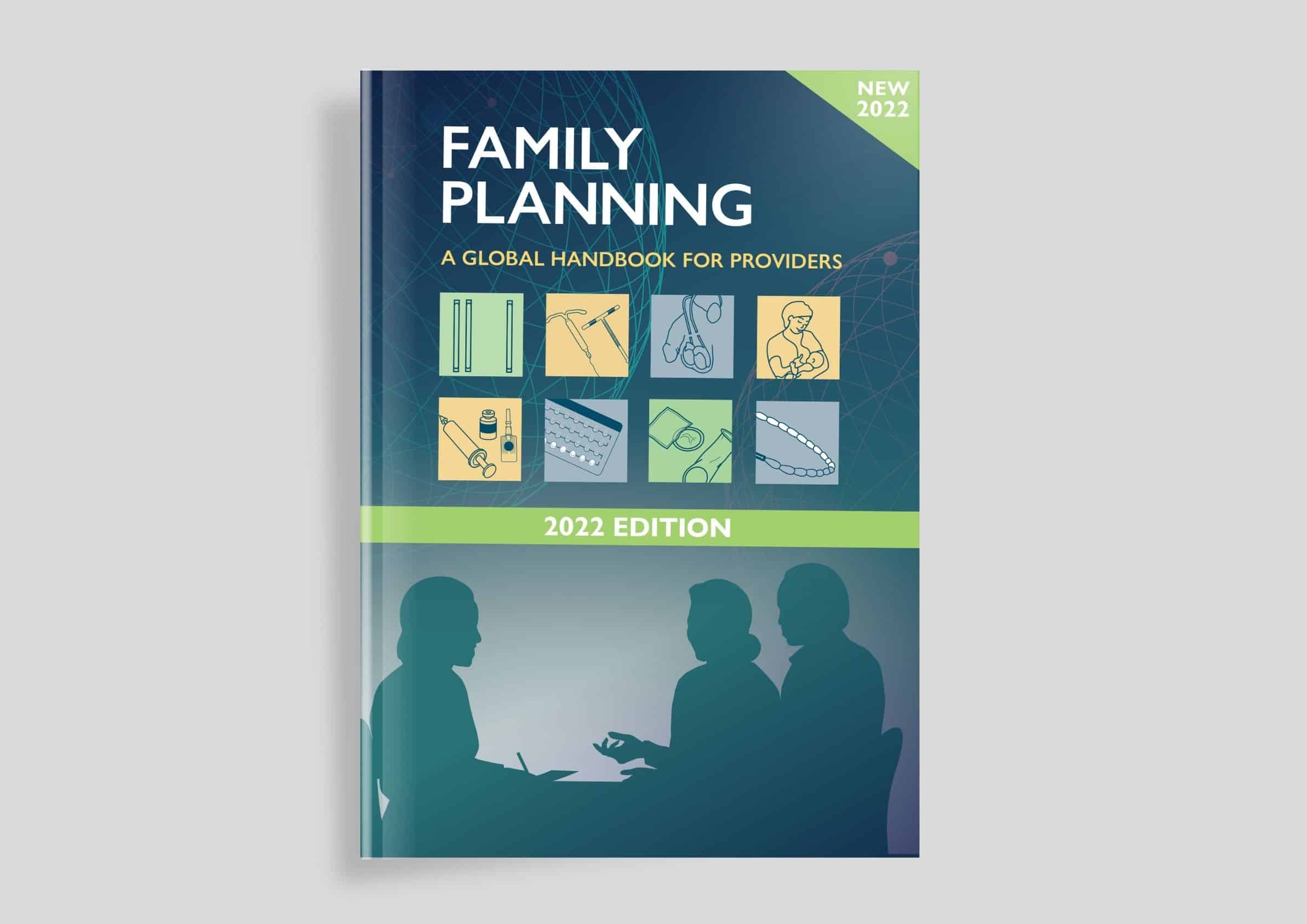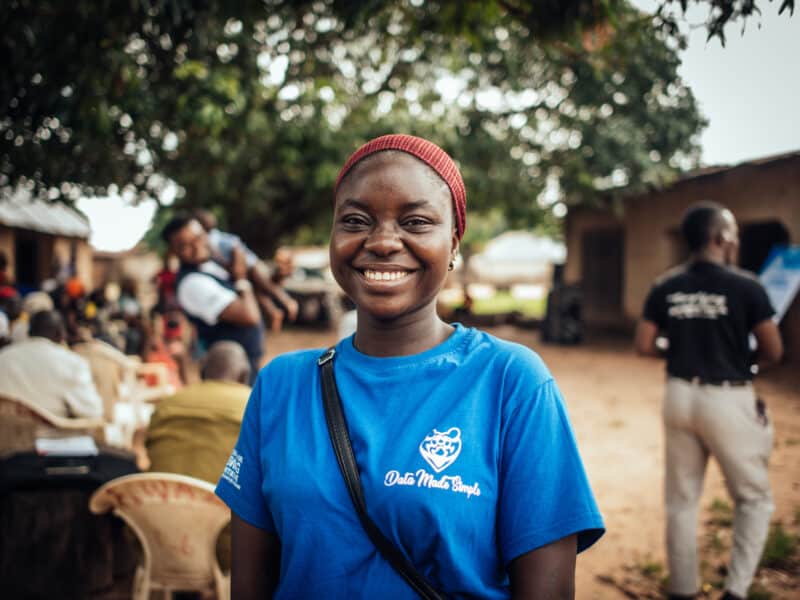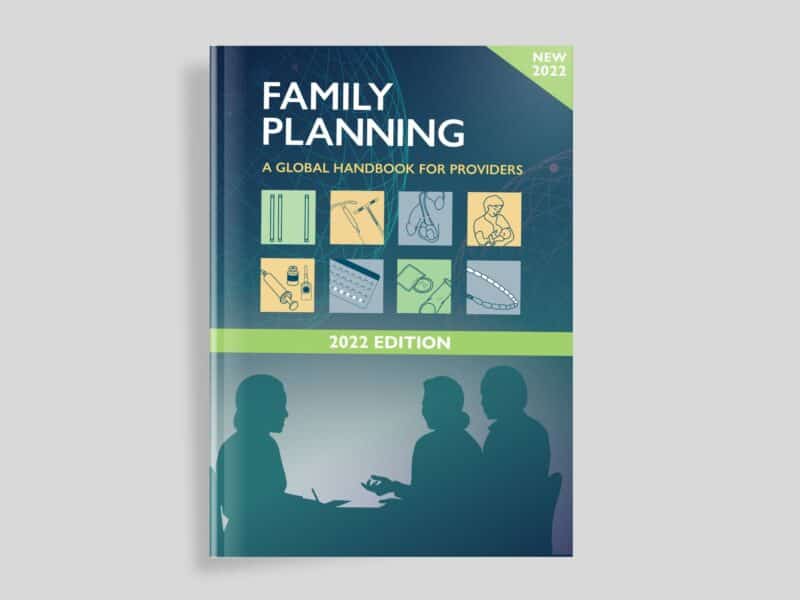With the unexpected closure of USAID-funded initiatives such as the Johns Hopkins Center for Communication Programs-led Knowledge SUCCESS program, many important global health resources are at risk of being lost.
Thanks to CCP, the Family Planning: A Global Handbook for Providers will remain online.
Written in plain terms and organized for quick reference, the Global Handbook was developed in 2006 by hundreds of public health practitioners and scientists as a current and comprehensive source of evidence-based guidance on contraceptive methods and related health care in low- and middle-income countries. It provides basic information that providers can use to assist individuals and couples to choose, use, and change family planning methods as they move through their lives.
A longtime collaboration between CCP and the World Health Organization, one million copies of the book have been distributed by CCP to providers, academics and researchers around the world. In recent years, the print version of the book has been available in English, French, Spanish and Russian. The website, fphandbook.org, gets 600,000 views a year where it hosts translations in a dozen more languages from Farsi to Romanian to Hindi.
“It is an invaluable resource. It’s trustworthy, it’s relevant, it’s up to date, and it’s easy to use and comprehend,” says CCP’s Heather Finn, who has managed the handbook for nearly 20 years.
“People have been asking us what would happen to the handbook. We knew what was at stake, that this treasured source of information used by clinicians in big-city hospitals and providers in remote villages around the world could have been lost for good. That would have been devastating.”
Since the executive orders stopping work and ultimately shuttering USAID were issued in recent months, many organizations have scrambled to find new ways to host and share important data and resources created over the decades.
The revival of the family planning handbook is part of a broader effort by global health organizations and volunteer groups such as the Data Rescue Project to make sure that the investment in these important resources will remain available to the people who need it, says Marla Shaivitz, CCP’s director of digital strategy.
Finn says she hopes that, over time, CCP will find ways to work with other partners to issue updates to the book. Last updated in 2022, the English version is in its fourth edition.
The family planning community knows the handbook well. At the International Conference Family Planning in 2022, CCP distributed hundreds of copies of the book and hundreds more people filled out requests to get the book delivered to them in other languages.
“I can tell you if there’s a resource that’s widely used by family planning providers, it’s the family planning handbook,” Stembile Mugore, who now works with World Vision, has said of the resource. “It is always a welcome resource. It contains up-to-date scientific information that helps service providers to have information in their hands … that is accurate, that is very simply presented.”





